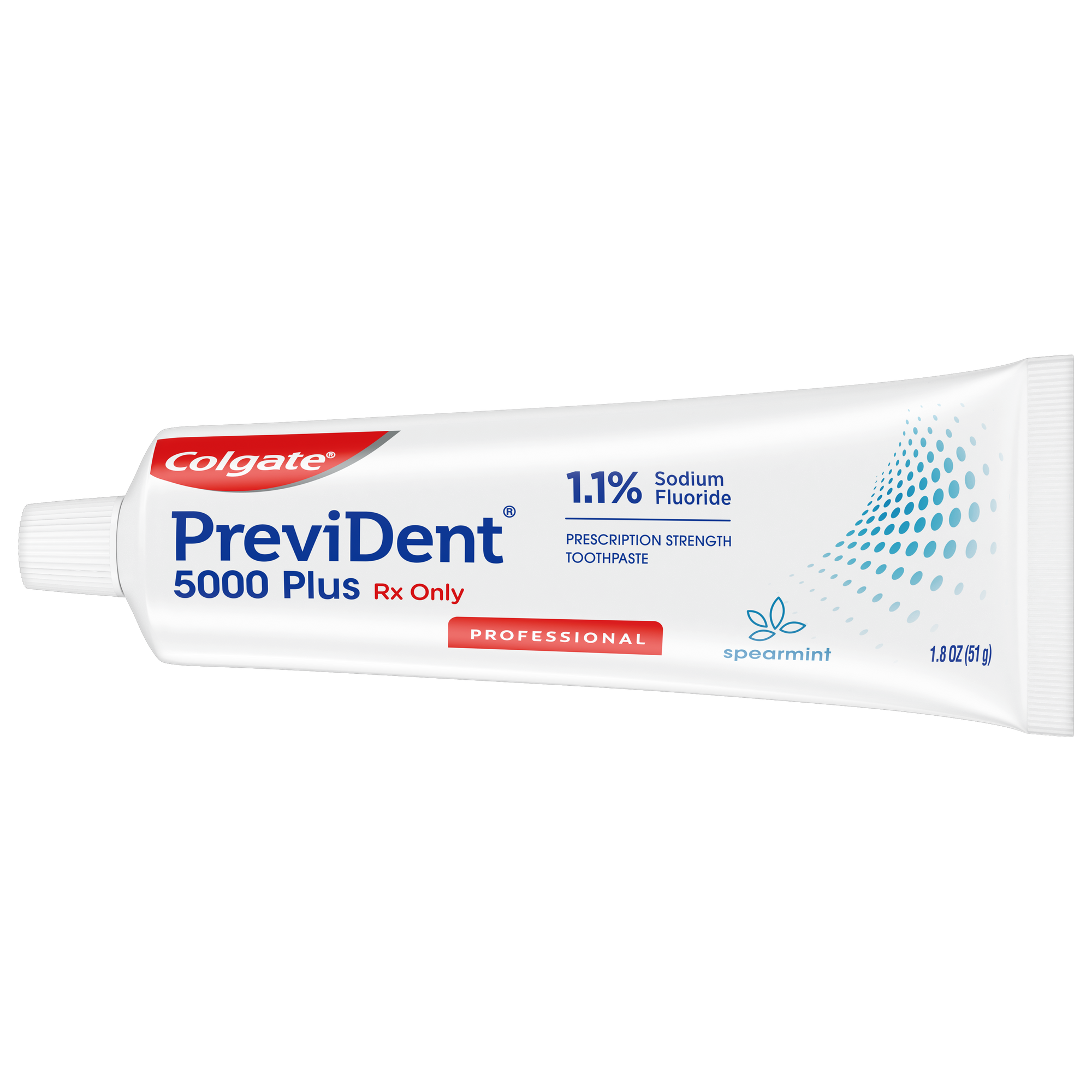-
-

FLUORIDE
What Is Stannous Fluoride Toothpaste?Discover what is Stannous Fluoride Toothpaste and its importance to prevent cavities and other oral health problems.

TEETH WHITENING
Whitening toothpaste - hydrogen peroxide vs. carbamide peroxideIf you lose one or more of your front teeth due to injury or decay, you may feel ...
-
Science & InnovationOral Health Commitment
- Oral Health Commitment
- Bright Smiles, Bright Futures
- Educational Resources
- Mobile Dental Van
- Volunteer
- ORAL HEALTH CHECK
- PRODUCT MATCH
- Oral Health and Dental Care | Colgate®
- Oral Health
- Infection Control Information And Tips: More Than Just Toothbrushing


Some things in life we can control. And some things we can't. How about traffic? Nope. The weather? Uh-uh. Or toddlers? No chance. But when it comes to controlling infections — yes, we can. And that starts by getting rid of and preventing the spread of bacteria. Bacteria can lead to inflammation and then eventually, infection. And that's just no good. Sure, toothbrushing helps your mouth, but there are various steps you and your dentist should put into practice to control infections at home and in their office. Prevent any infections in your future with these tips below.
How To Control Infections In Your Dentist's Office
According to the Centers for Disease Control and Prevention (CDC), every time you walk from the waiting room into the dentist's chair, a series of rules must be followed to stop disease or infection from spreading. Per CDC guidelines, every dentist office must:
- Replace dentist chair protective coverings after every patient
- Replace gloves after every patient
- Wear a new mask over their nose and mouth with every patient
- Clean any glasses or face shields after every patient
- Sterilize instruments after every patient
- Dispose of any materials (gauze, needles, etc.) after every patient
- Clean and sanitize all surfaces a patient or employee make come into contact with
Following these guidelines is crucial to preventing the spread of infection between your dental team and yourself.
How To Control Infections In Your Home
When you're at home, however, the power to control infections is in your hands. Removing all bacteria and germs is next to impossible. Still, there are various ways you can stop their spread, especially in the bathroom and in your mouth. You can control mouth infections from spreading when you:
- Wash Your Hands:
- Probably the most important rule when it comes to cleanliness and overall hygiene. You touch everything with your hands, so make sure they're clean, scrubbed, and healthy.
- Use Mouthwash:
- Consider adding antibacterial mouthwash to your toothbrushing and flossing routine. By doing so, you're eliminating even more germs and the chance for infection.
- Replace Your Toothbrush:
- If you're healthy, replace it every 3 months.
- If you have gum disease, replace it every 4-6 weeks.
- If you've been sick, replace it immediately.
- Clean Your Mouthguard:
- Every morning, brush your mouthguard with toothpaste and a gentle soft toothbrush and rinse your mouthguard with cold water to wash away the germs.
- Clean The Kitchen and Surrounding Areas:
- Clean all the kitchen surfaces in your home as well as other high-traffic locations in your home.
- Clean Your Bedroom:
- Wash your bedroom sheets each week, dust the furniture and bathroom surfaces with an antibacterial cleaner in this area.
- Clean Your Bathroom:
- Every bathroom layout is a little different, be safe and put the lid down before flushing. Bacteria from the toilet can enter the atmosphere.
Your dentist's office should keep your health top of mind and make sure your visits are as clean as possible. But it's you who has control at home. Implement these tips into your oral hygiene routine now, and you won't have to play damage control later.
This article is intended to promote understanding of and knowledge about general oral health topics. It is not intended to be a substitute for professional advice, diagnosis or treatment. Always seek the advice of your dentist or other qualified healthcare provider with any questions you may have regarding a medical condition or treatment.
Related Articles

Mouth sores and infections
8 Common Oral InfectionsOral bacteria can cause viruses, tooth decay, gum disease and other common mouth infections in both children and adults.

Mouth sores and infections
Apical Abscess: Symptoms, Diagnosis And TreatmentAn apical abscess is one of the most common types of dental abscesses. Find out more about the symptoms, diagnosis, and treatment of apical abscess, here.

Mouth sores and infections
How Blisters in Mouth Tissue Occur and How to Treat ThemFinding blisters in mouth tissue isn't unusual; it can occur in all age groups and for a variety of reasons. It is therefore important for you to identify the contributing factors for your specific condition. In certain instances, these lesions can be contagious or pose a greater risk for infection.These ulcers can occur on the lips, tongue, gums, inner cheeks, roof or floor of the mouth, and they can arise from tissue trauma, non-communicable illness or something very often transmitted.

Mouth sores and infections
Geographic Tongue: Causes, Symptoms And CareHave you ever looked at your tongue in the mirror and thought you were looking at a road map of Florida? Or maybe on another day it looked more like Pennsylvania. You may have a condition called geographic tongue. Don't be alarmed, though. This benign condition is not a threat to your health.Here are some interesting facts about this disorder (also referred to as migratory glossitis or wandering rash of the tongue) that you should know.
Related Products
Prescription Products

Colgate® PreviDent® Oral Rinse is prescription-strength, with extra fluoride to help decrease cavities for people who have trouble brushing.
Prescription Products

Colgate® PreviDent® Varnish is an in-office treatment for sensitive teeth. Contact your dentist today!
Prescription Products

Colgate® PreviDent® 5000 Booster Plus is a high fluoride prescription strength toothpaste for unsurpassed remineralization. Contact your your dentist today!
Prescription Products

Colgate® PreviDent® 5000 Plus Prescription Toothpaste delivers 4x the fluoride than over-the-counter toothpastes & rinses. Contact your your dentist today!

Helping dental professionals
More professionals across the world trust Colgate. Find resources, products, and information to give your patients a healthier future




